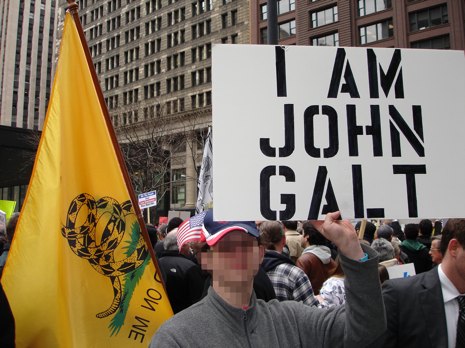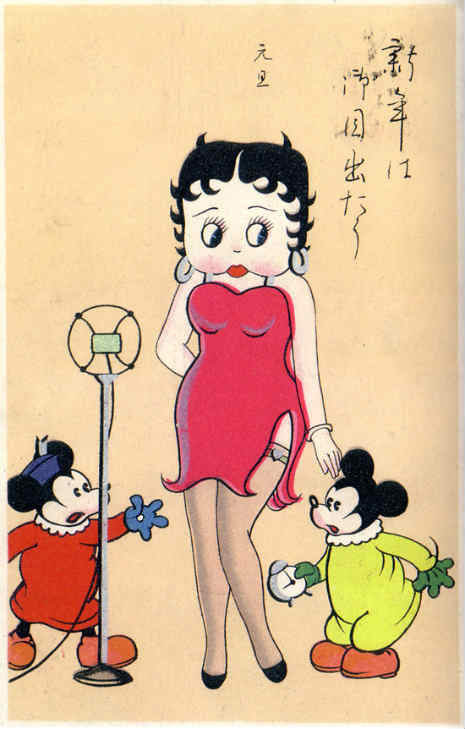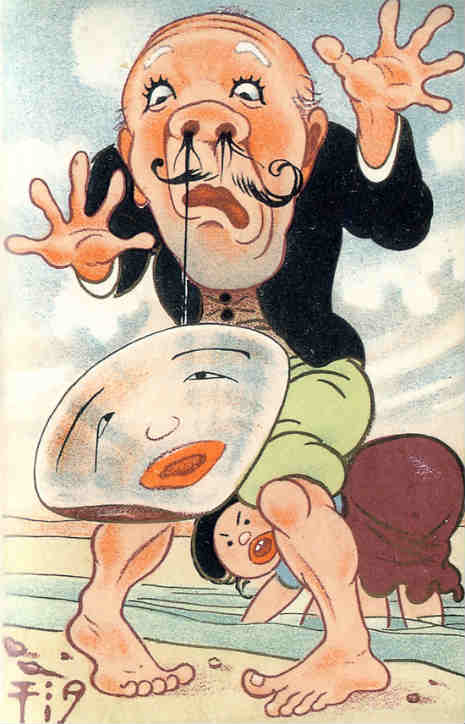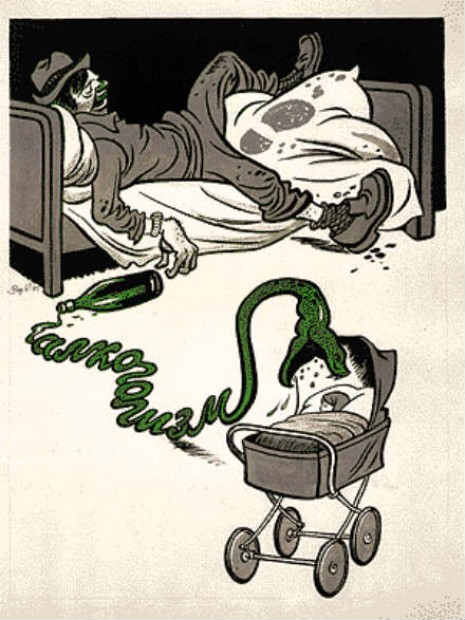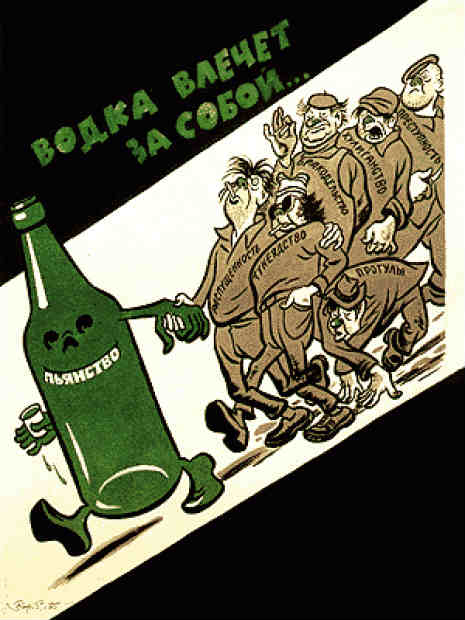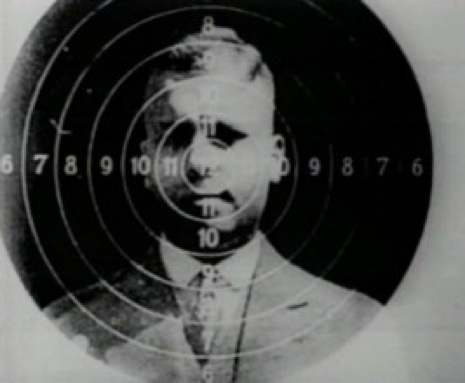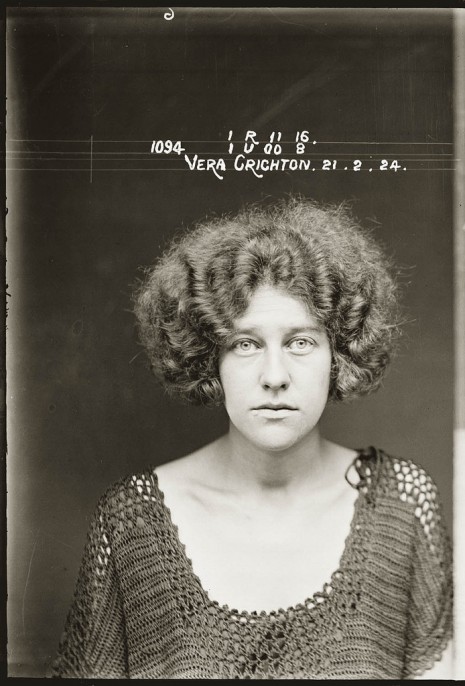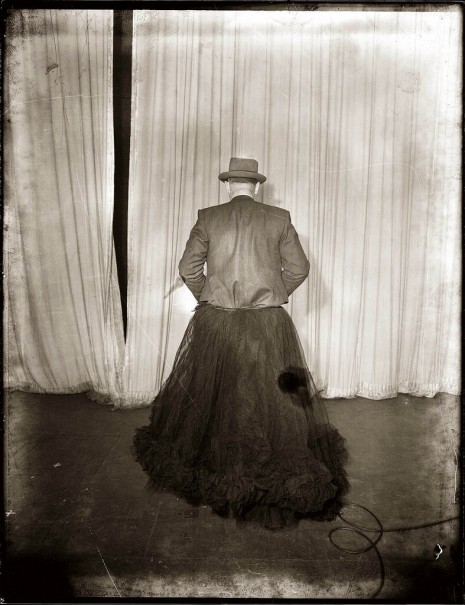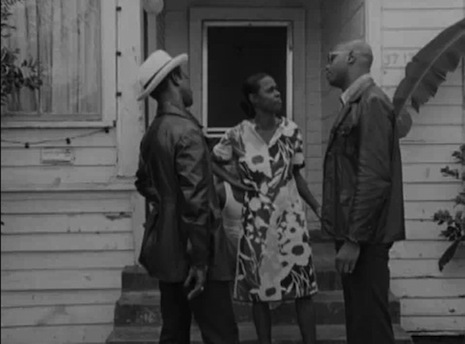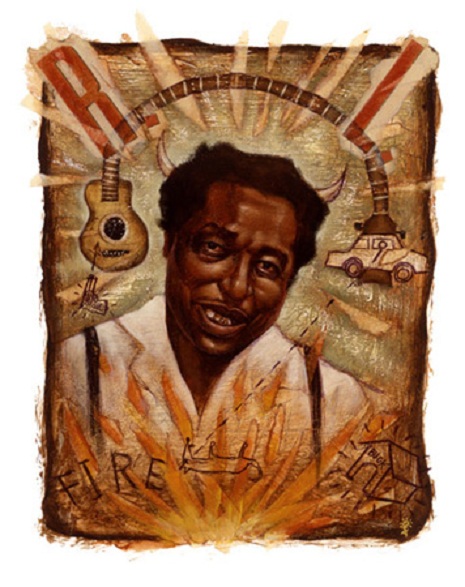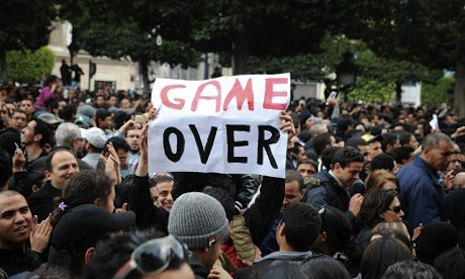
As this posts, despite an evening curfew falling on the cities of Cairo, Suez and Alexandria, some of the biggest popular showdowns yet between the Egyptian people and the regime of President Hosni Mubarak continue. That remarkable unrest has been explicitly inspired by the recent historic and ongoing revolution 2,100 miles west in Tunisia, which has led to the ouster of the dictator Zine El Abidine Ben Ali after 23 years of repressive rule.
One little-known aspect of the Tunisian uprising is the role of hip-hop. As in most of the Arab world and Iran, and despite Ben Ali’s draconian rule, Tunisia’s hip-hop scene has grown. Artists like Afrock, T-Shibo, and Killah Rector have carried on the work first laid down by pioneers like Wled Bled, and the arrest for questioning of 22-year-old MC Hamada Ben-Aoun, a.k.a. The General, for his track “President, Your People are Dying” happened a few days before Ben Ali fled the country.
Watch and listen closely. This is the epitome of music culture against repression.
I asked Tunisian rapper Firas Louati for a few words on the unrest in his home country:
I grew up in Tunisia. For me, like I’m sure each country is for every kid, it was the center of the universe. I truly believed that everything revolved around Tunisia. People from all over the world literally did pilgrimage to it, whether for religious reasons (during Lag Ba’omer, a Jewish holiday that takes place after the celebration of Passover, Jews from all over the world come in masses to Ghriba synagogue, home of the world’s oldest Sefer Torah), or more commonly for touristic reasons during the summer when Tunisia becomes a Mecca for beach-goers and sun-lovers.
As I got older I realized it wasn’t really the center of the universe. I discovered we were categorized as a Third World country, and since both my parents are revolutionary syndicated journalists (my father was jailed during the 1978 manifestations), I learned pretty quickly that we were living in a dictatorship, that the media is censored and freedom of speech is virtually non-existent. Sure we ranked highly among African and Arab countries, and women enjoyed a freedom unheard of in the neighboring countries, and for decades that was the thread of dignity we, people of Tunisia, hung onto. But that wasn’t enough, not if we wanted our kids to be proud of being Tunisians.
It took long enough, but Tunisians rid themselves of their fears—fears of the government, but most importantly fears of leaving their comfort-zone and the apparent safety and security our country was famous for. And they marched into the streets simultaneously, first to express their anger and discontent, then to ask for reforms and, well…jobs! Then, finally, to demand and ultimately impose a radical change—a historic one, too. For the first time in history, an Arab people has ousted its president and dictator without foreign help or the use of force.
And on that Friday, the 14th of January, the eyes of the whole world were on Tunisia. On that historic day, Tunisia was and forever will remain an idol and an inspiration for the tired and the poor, the weak and the oppressed, anyone who has ever dreamt about liberty while living under dictatorship. On that historic day, Tunisia WAS the center of the universe. I couldn’t help remembering all those revolutionary rap songs I wrote, all those cliched phrases that even I was starting to get tired of: “Power to the people,” “We can change our destiny,” etc.—and smile. Finally it was relevant, finally it made sense.
The battle is far from won, but we know the challenges awaiting us, and we will work them out as a united free people in a democratic way. Because now that we tried the taste of freedom, we are never giving it up again.
Thank you people of Tunisia for making her once again the center of the universe.
Here’s the video for Firas’s recently released tune, “Tunisian Revolution,” with a translation from the Arabic below:
Tunisian Revolution
CHORUS
[The chorus is sampled from “Homma Min Wehna Min” (“Who are They and Who are We”), a song by revolutionary Egyptian composer Sheikh Imam.]
1st verse:
If the people one day decided to live*
then it’s as if they decided to walk on water.
Hands are cuffed, my “masters”’s needle has sewn our lips
nothing left but the weaponized pencil
and my fist.
The night they arrested my heartbeat…**
Long live my country
he who betrayed it will live in it
and he who isn’t among its wealthiest won’t.
The people have been subdued, robbed,
heroes been put down, burnt down,
riches have been accumulated and disappeared.
Underneath us the fire is burning,
and above us the wealthy are living,
and we’re stuck in the middle.
If the people one day decided to live,
start digging graves and preparing burial shrouds.
Blood is screaming inside our veins,
we die and they live, dear country.
If the people one day decided to live,
then destiny has to obey
and the shackles have to be broken
and the dark night has to end.
- CHORUS -
2nd verse:
Who are they?
U won’t see them but u will feel their shackles
Who are they?
The ones that deafened hearing people
and muted the talkative until we became like statues,
steered like a herd.
Who are they?
They’re the ones who dried the ink out of our pens,
imprisoned speech.
Who are they?
They’re the ones that made the flag cry.
Who are they
and who are we?
Where are they?
In fortified castles.
Where are we?
In destroyed shacks.
Their sons enjoy our misfortune,
our sons get beaten in universities,
get burnt.
Their sons get the highest positions,
our sons hang from coffee shop to coffee shop, from bar to bar
are unemployed, with diplomas…
*A take on Tunisian national anthem by Abul-Qasem Alchebbi:
“If the people one day decided to live
then destiny has to obey
and the shackles has to be broken
and the dark night has to end”
**Refers to the famous 1984 Egyptian TV film The Night They Arrested Fatma, a drama about a young woman who became radicalized during the Egyptian Revolution of 1952.
After the jump: the video (with English subtitles) that helped get Tunisian rapper The General arrested…






